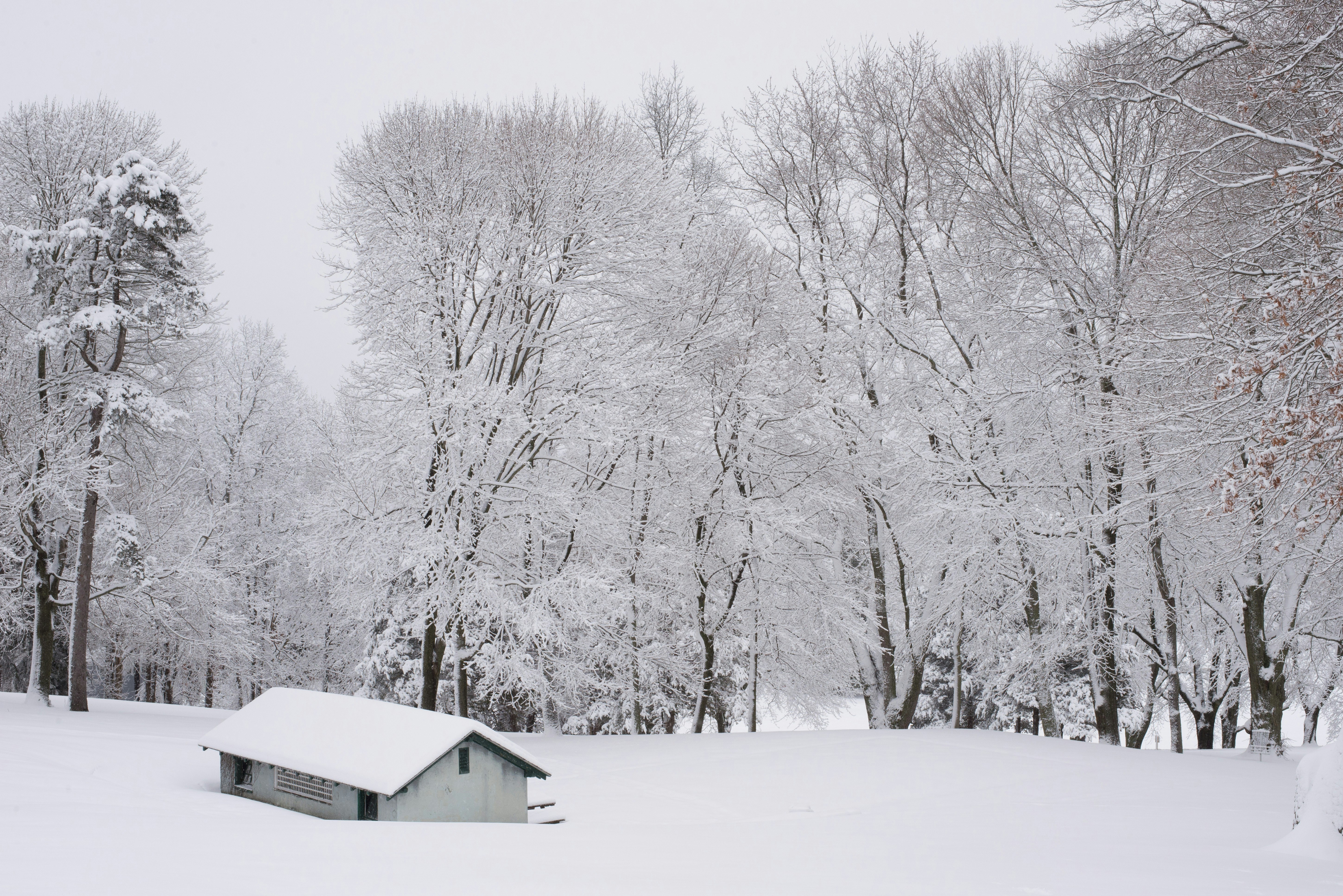Tinkers
by Paul Harding
Published 2009 191 pages
Tinkers is a character study of a father and son from the perspective of the son on his deathbed. The father, Howard Crosby, is a travelling salesman in the early years of the 20th century, an ineffective sort of a guy with epilepsy and a powerful curiosity about the world around him and a wife that barely tolerates him.
His son, George, is a horologist on his deathbed, looking back on his childhood, his father’s life, and his own experiences with his troubled siblings.
The book alternates modes throughout, from first to third person and from present to past tense. There are sections of seemingly incongruous extracts from books or pamphlets. There are long run-on sentences that I think are meant to sound profound. And there are images that are evocative but incongruous, like a description of a fat man as a “fleshy Olympian pear” or of roadside puddles as the colour of “iron cream”. What the heck is iron cream? Some of the descriptions run on like a fanfic writer who can’t decide on the best way to bring an image to life and so just keeps heaping new ones on.
I finished the book with the powerful sense that Paul Harding is a clever guy with a lot of novel ways to describe things. But I also finished the book with a powerful exhaustion with sentences like these:
Buy the pendant, sneak it into your hand from the folds of your dress and let the low light of the fire lap at it late at night as you wait for the roof to give out or your will to snap and the ice to be too thick to chop through with the ax as you stand in your husband's boots on the frozen lake at midnight, the dry hack of the blade on ice so tiny under the wheeling and frozen stars, the soundproof lid of heaven, that your husband would never stir from his sleep in the cabin across the ice, would never hear and come running, half-frozen, in only his union suit, to save you from chopping a hole in the ice and sliding into it as if it were a blue vein, sliding down into the black, silty bottom of the lake, where you would see nothing, would perhaps feel only the stir of some somnolent fish in the murk as the plunge of you in your wool dress and the big boots disturbed it from its sluggish winter dreams of ancient seas. Maybe you would not even feel that, as you struggled in clothes that felt like cooling tar, and as you slowed, calmed, even, and opened your eyes and looked for a pulse of silver, an imbrication of scales, and as you closed your eyes again and felt their lids turn to slippery, ichthyic skin, the blood behind them suddenly cold, and as you found yourself not caring, wanting, finally, to rest, finally wanting nothing more than the sudden, new, simple hum threading between your eyes. The ice is far too thick to chop through. You will never do it.
Next
The last day of the trip: the dull ride into Amsterdam and then the victory of riding through the tourist district laden with all my crap.
Previous